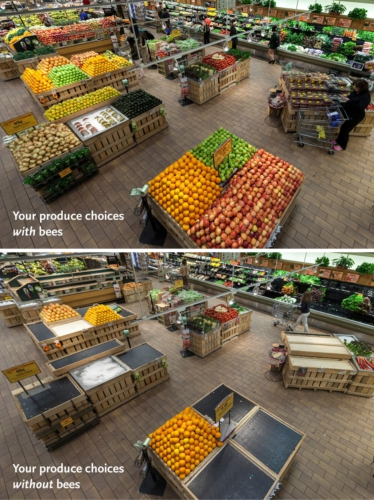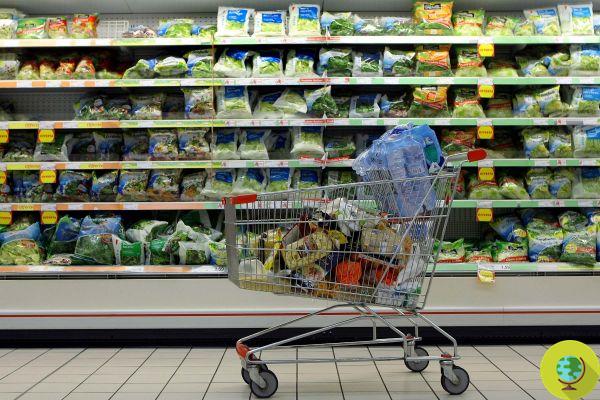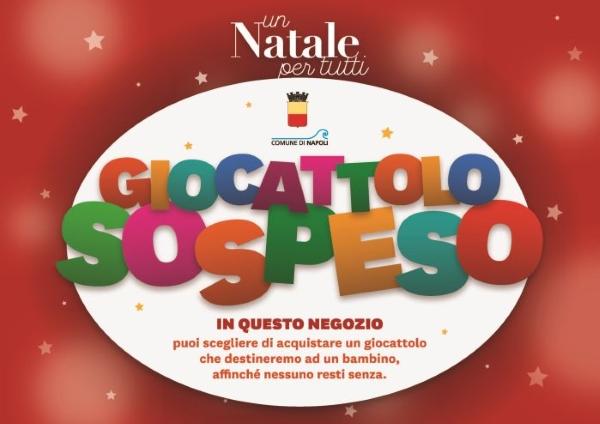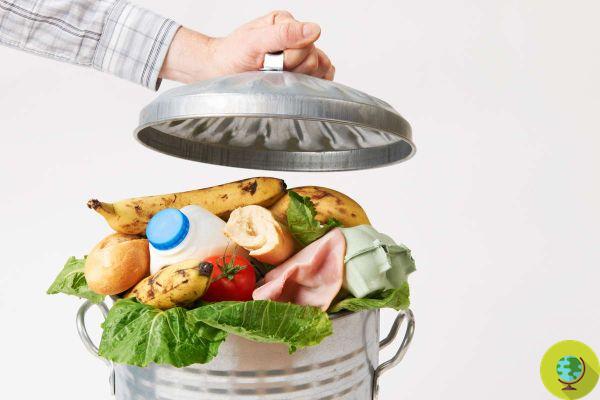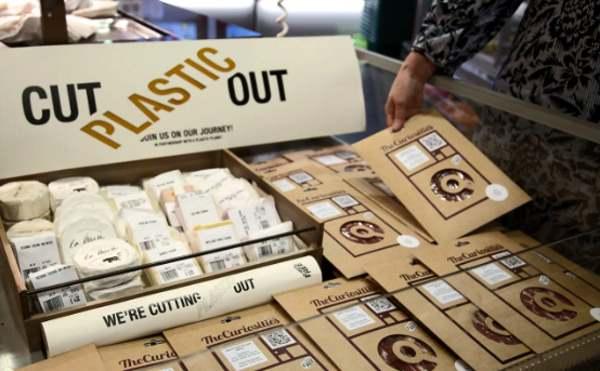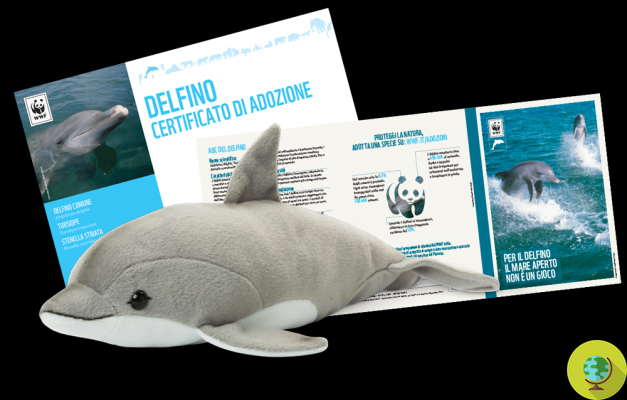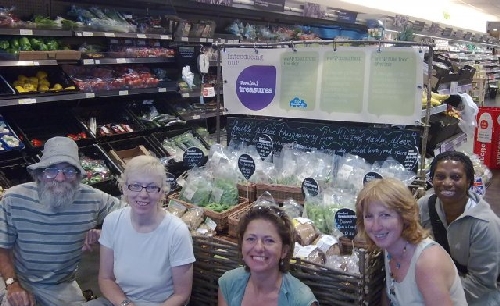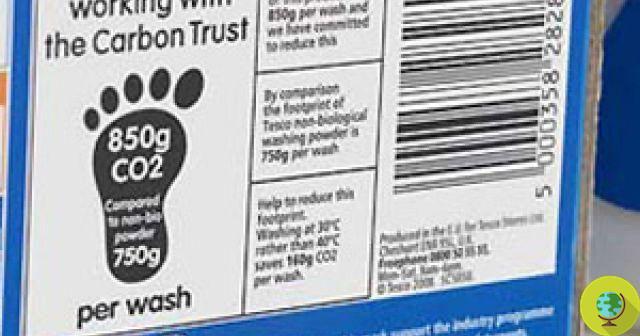
Tesco, the UK's largest supermarket chain, believed in it and has been involved in carbon footprint labeling of around 2007 products since 500. But now he backs off: his effort has proved too costly and inexpensive, as consumers have had serious difficulties in understanding the purpose of the label. This was revealed by Rebecca Fay, marketing director of the Carbon Neutral Company.
Don't store avocado like this: it's dangerous
Quantify e communicate the climatic footprint of a product and do raise consumer awareness on the consequences of their daily choices. This is what the carbon footprint product (PCF), an increasingly popular method to quantitatively measure the effects produced on the climate by greenhouse gases generated by a product, be it a good or a service. Tesco, the UK's largest supermarket chain, believed in it and since 2007 it has engaged in carbon footprint labeling of approximately 500 products. But now it backs off: his effort turned out to be too expensive and inexpensive, as consumers showed series difficulty in understanding the purpose of the labelto. He reveals it Rebecca Fay, marketing director of the Carbon Neutral Company.
And it could be a choice that, according to some, will definitively sanction the failure of this type of labeling, even if, at least for now, the chain denies having definitively renounced it, but only speaks of "revaluation”Of what really works or doesn't work for their customers. But if it is true that consumers do not understand carbon footprints and that, even when they do, there is no guarantee that they will act accordingly, as Tesco experience shows, it is inevitable that the entire carbon-based labeling system, is questioned: it may not always be the best reference for environmental impacts related to all product categories.
It could not however be a squalid attempt to do to "discharge barrels" by companies? Leo Hickman, environmental journalist of the The Guardian, he had said so ever since the first carbon labels began to appear. Would knowing the print on his toilet paper lead him to do without it? And, more importantly, weren't the companies "passing the hot potato on to consumers"? For Hickman, the limitations of labeling were obvious: it was ask people to make "responsible choices" without, however, taking serious measures to improve the entire upstream supply chain.
The issue of the product footprint is particularly topical in Europe: in the study 'Sustainable materials management and sustainable production and consumption”, Published in 2010, the European Council had invited the Commission to develop a common methodology for the quantitative assessment of the environmental impacts of products, along the entire life cycle, in order to support the evaluation and labeling of products. An environmental footprint, which will be part of the revision of the Action Plan on sustainable consumption and production, scheduled for 2012.
The climate of optimism towards the fight against climate change, very strong in 2007, has waned, the preparation of public opinion on environmental issues is increasingly scarce, the current economic crisis prevents the development of a more critical consumption. Still, it becomes increasingly important to take action direction of eco-sustainability. Precisely for this reason, companies and governments, in addition to their carbon footprint, should pay attention to their way of conceive the entire supply chain, to their more general approach, finally bringing that real transformation necessary for lasting sustainability.
Roberta Ragni
Photo: Flickr / gwire





